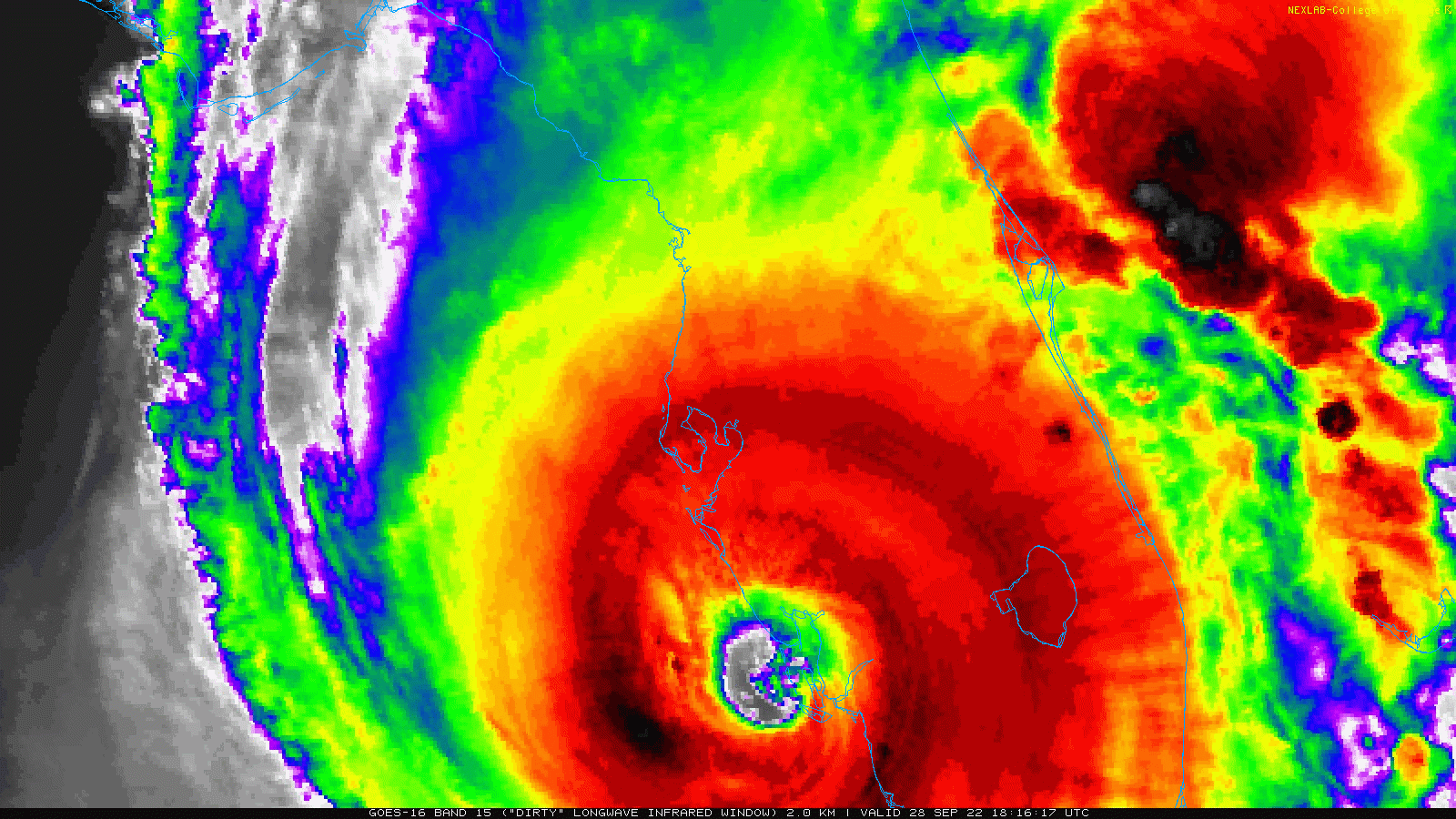Hazards
Interim Director appointed for ECU Center for Natural Hazards Research
Dr. Meghan Millea, professor of economics, has been appointed interim director of East Carolina University’s Center for Natural Hazards Research effective July 1, 2021. Millea will succeed the center’s founding director, Dr. Jamie Kruse, who will return to the Department of Economics as a full-time faculty member. Millea came to ECU in 2017 after 19 years of teaching, research and service at Mississippi State University. She is an award-winning professor whose primary research interests lie in the field of applied microeconomics as it relates to education and the labor market. In her role as interim director of the CNHR, Millea will be an advocate for the center’s interests as well as the broader interests of the university, its students and faculty.
Mission
To promote research and analysis that ultimately reduces the harm caused by natural forces to life, communities, and the environment.
Vision
The Center for Natural Hazards Research will foster a multidisciplinary research community that seeks to understand and thereby improve our ability to predict, respond to, and recover from adverse events caused by the natural processes.
About the Center
The Center for Natural Hazards Research focuses on physical, social, and economic aspects of natural hazards affecting eastern North Carolina, the United States, and the international community. The Center facilitates interdisciplinary research on natural hazards, including hurricanes, tornadoes, flooding, and coastal erosion, and attempts to make research results available and interpretable for policy makers and the general public. The center was founded and led by Dr. Jamie Kruse and has research associates from universities and research institutes across the United States.
Areas of active research include improved understanding of atmospheric and geologic hazards and their relationship with the physical, biological, and social environments; GIS as a means to assess and communicate hazards; the financial impacts of hurricanes and floods; effective and efficient management of coastal erosion; the relationships between human behavior, land use, and natural hazards; individual behavior, community projects, and government policies for mitigating and managing risk of natural hazards; economic valuation of risk-reducing public and private projects; and individual and household evacuation decisions.




